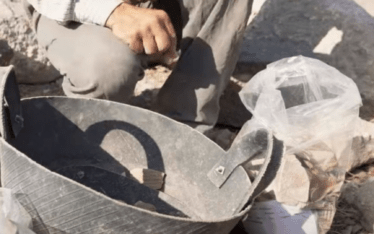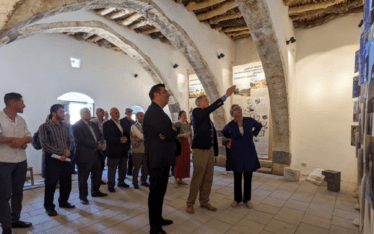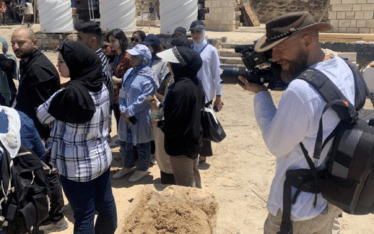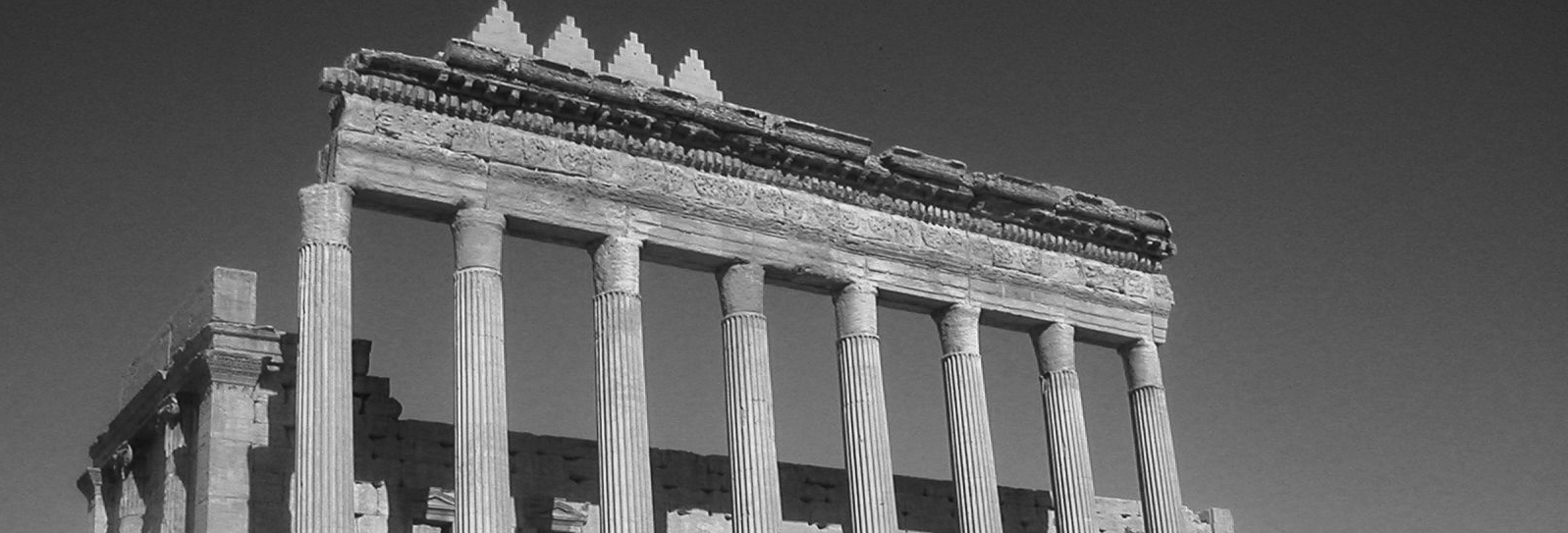
Online Course | 3D photogrammetry with UAV
- Home
- Online Course | 3D photogrammetry with UAV

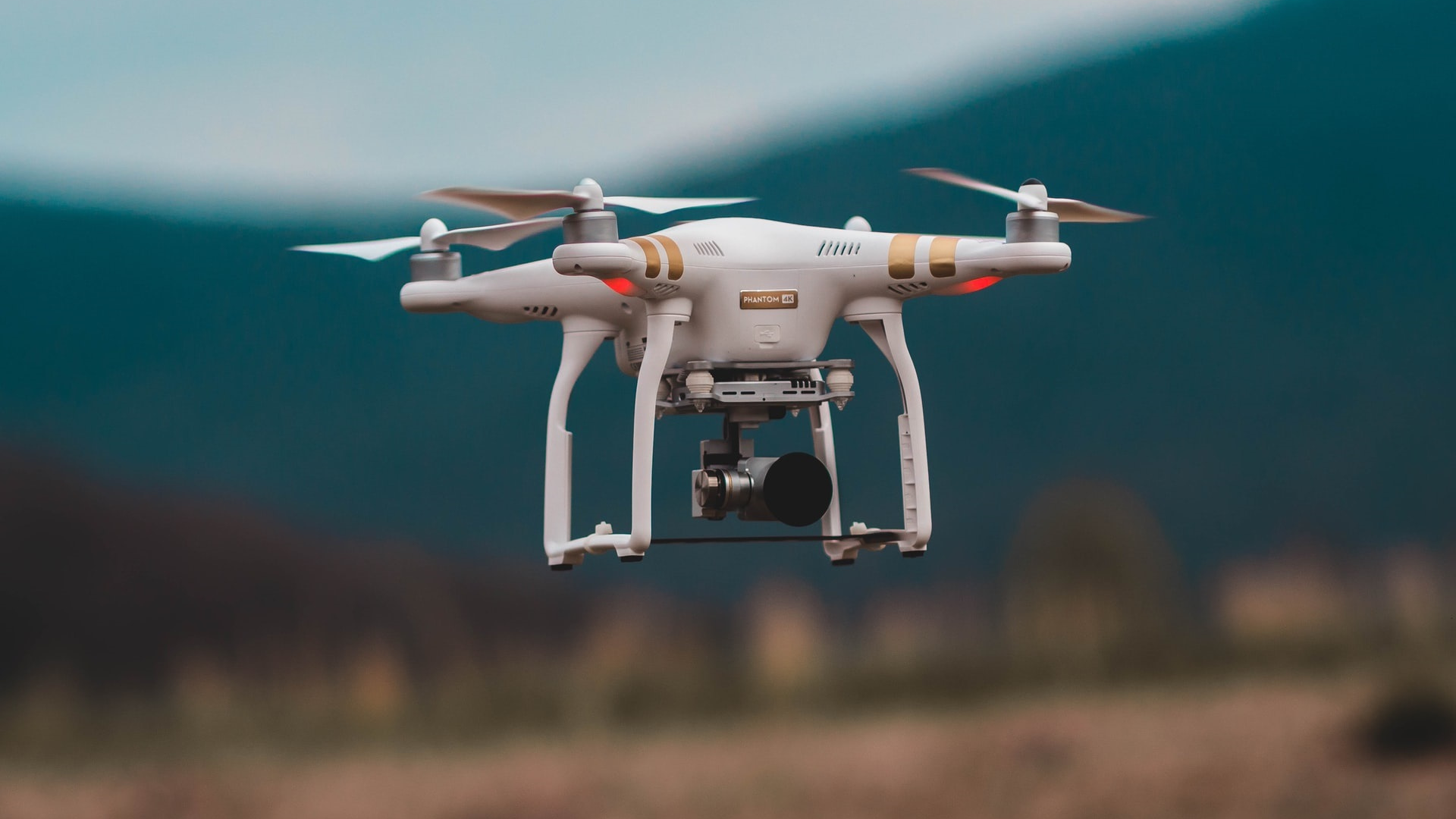
Enrol in the Massive Open Online Course (MOOC) of i.DAI.tutorials and learn about “3D photogrammetry with UAV” in your own time and free of charge in English or Arabic.
This course teaches you basic knowledge about a new technology which revolutionizes archaeological field documentation. We are talking about 3D photogrammetry, which is a type of software enabling users to generate 3D models by taking many images of features and objects.
The lessons comprise the multitude of insights you need to collect during the first years of applying this technology, hopefully they will save you some mistakes on the road of your project. In the beginning I present a conceptual framework for the application which ought to help recognizing the level of spatial documentation you are working on and how 3D-photogrammetry can replace older methods of spatial documentation. After learning from where you should take images to make a qualitative model, you will also get to know the options of moving the camera. One of the most fascinating ways to collect images is the use of UAVs, Unmanned Aerial Vehicles, which will be the technical focus of the course. We present the functions, options and limits of the various hardware components which are necessary to make the collection of good images during a UAV flight possible. The flight data needs to be stored and processed properly. This course teaches you how to use 3D photogrammetry software properly to produce good results.
As a prerequisite it is assumed that you know the basics about global and local coordinate systems and how to use measuring devices like DGNSS or Total station to acquire coordinates.
To participate create an account on the iDAI.tutorials Website. The courses are designed as autodidactic learning experiences and provide texts and videos. You can track your progress and start the course whenever and wherever you want. The website offers several other courses for cultural heritage experts and young professionals.
The platform iDAI.tutorials of the German Archaeological Institute (DAI) offers online courses and resources for Cultural Heritage professionals. All courses are free of charge and available in English and Arabic. The courses aim at empowering individuals working in the field of archaeology, cultural heritage and museum management. In addition, the platform offers the first Arabic translations of international standards and guidelines on digitisation (such as OAIS, Dublin Core, etc).
Courses and resources are being continuously developed and added by the various initiatives of the project “Stunde Null/ Hour Zero” and “KulturGutRetter” with the support of the Archaeological Heritage Network.
The platform was initially developed in the framework of the Funds-in-Trust agreement “Capacity Building, Technical and Media Support” between UNESCO and the German Archaeological Institute.
Title image: (CC) Unsplash / Jared Brashier.
Archaeological Heritage Network is made possible by many national and international partners. The Federal Foreign Office and the Gerda Henkel Foundation supports the network.
